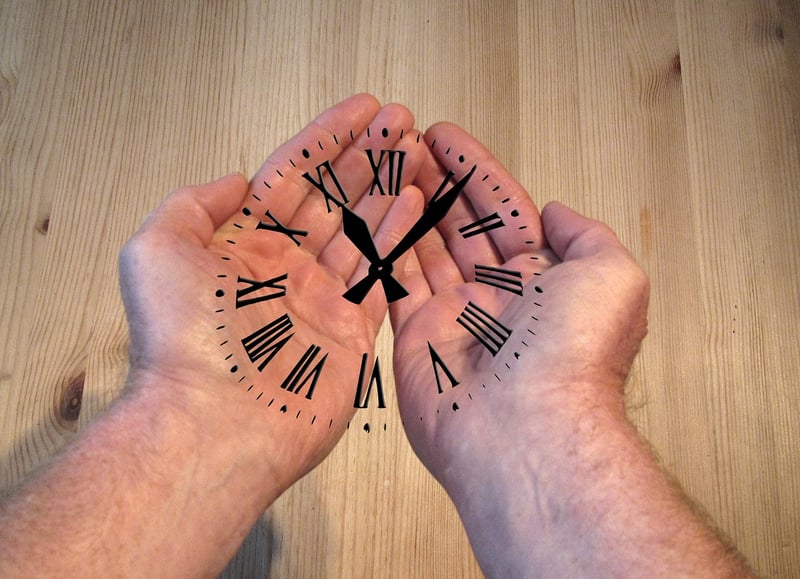Time-Period Etiquette
Guidance for Travelers: Time-Period Etiquette
Traveling to different countries and experiencing diverse cultures can be an enriching and rewarding experience. However, it's essential to be mindful of local customs and etiquettes, especially when it comes to time-period norms. Here are some tips to help you navigate time-related etiquette while traveling:
1. Punctuality Matters
Being on time is crucial in many cultures. In some countries, arriving late for a meeting or an event can be seen as disrespectful. Make an effort to be punctual to show your respect for the local customs.
2. Understand Local Concepts of Time
Not all cultures view time in the same way. In some places, such as parts of the Middle East and Africa, time is more fluid, and schedules may not be as strictly adhered to. Take the time to understand the local perception of time to avoid misunderstandings.
3. Dress Appropriately for the Time of Day
When visiting religious sites or attending formal events, make sure to dress appropriately for the time of day. In some cultures, there are specific dress codes for morning, afternoon, and evening activities.
4. Meal Times
Meal times can vary greatly from one culture to another. In some countries, lunch is the main meal of the day, while in others, dinner is the most important. Respect local meal times and customs when dining out.
5. Siestas and Rest Periods
Some cultures observe siestas or rest periods in the afternoon when businesses may close for a few hours. Be aware of these cultural practices and plan your activities accordingly.
6. Public Holidays and Festivals
Check the local calendar for public holidays and festivals that may affect the availability of services and businesses. Embrace the opportunity to participate in cultural celebrations during your travels.
By being mindful of time-related etiquette and customs during your travels, you can show respect for the local culture and make the most of your experience. Enjoy your journey!

